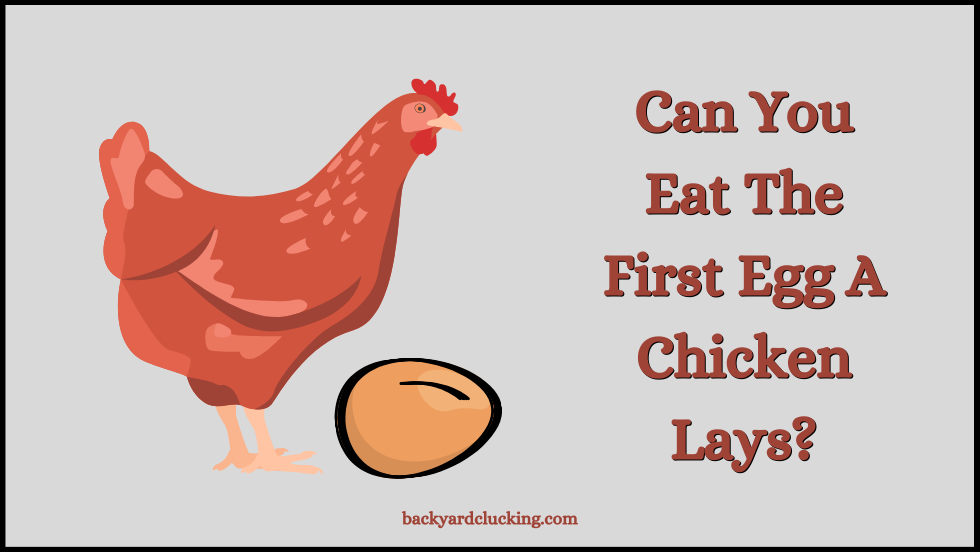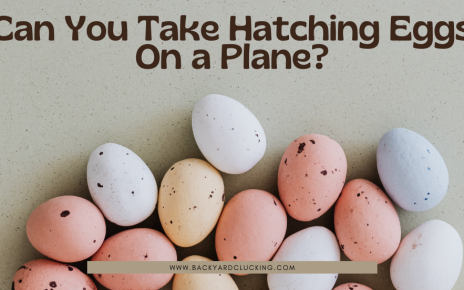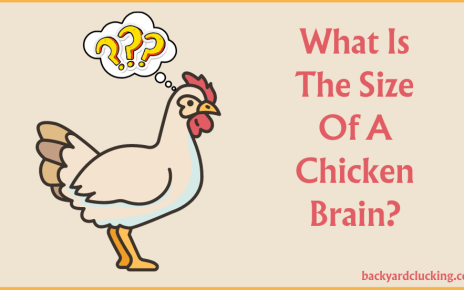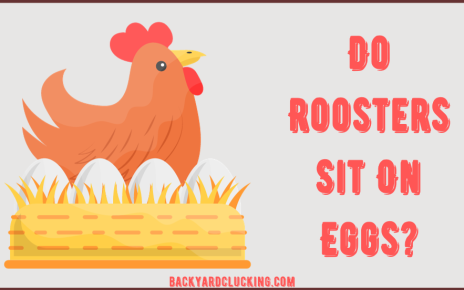The journey from a hen’s body to your breakfast plate, producing chicken eggs, is fascinating. It’s natural to be curious about the safety and nutritional differences of the first-laid eggs from a pullet or young hen.
In this article, we will examine the formation and laying of hen’s eggs, the difference between the first-laid and subsequent eggs, and provide scientific evidence on egg safety while dispelling misconceptions. We will also outline the guidelines for safely handling, preparing, and cooking homegrown chicken eggs.
The Egg Production Process
Egg production begins in the hen’s ovary. The ova (yolks) mature, and as they reach full size, they are released into the oviduct. The albumen (egg white) and shell layers are formed as the yolk moves along the oviduct. Once the process is complete, the hen lays the egg. This process usually takes around 24 to 26 hours.
First-Laid Eggs vs. Subsequent Eggs: Differences and Safety
Appearance
First-laid eggs, known as ‘pullet eggs,’ tend to be smaller than regular-sized eggs. The size increases as the hen continues to lay more eggs. Shell quality can also vary in the first few weeks of applying as the hen’s body adapts to egg production. However, these differences in appearance do not affect the safety or edibility of the eggs.
Nutritional Content
According to research conducted at the Pennsylvania State University’s Department of Poultry Science, there is no significant difference in pullet and regular eggs’ nutritional content. Proteins, fats, vitamins, and minerals remain consistent throughout a hen’s laying cycle.
Can You Eat First Egg a Chicken Lays – Safety
Safety is a significant concern when consuming food; eggs are no exception. While first-laid eggs are safe to eat, ensuring proper handling and cooking is crucial, as all eggs are susceptible to bacterial contamination, particularly from Salmonella.
What To Do After Finding Your Chickens First Egg?
Congratulations, you’ve successfully raised a chicken that has laid her first egg! It’s an inspiring moment, but you might wonder what to do with the egg.
First, ensure the egg looks healthy – no cracks or deformities – before handling it. If it looks good, go ahead and collect it from the coop. Then, clean it off with a damp cloth or rinse it with water (if necessary). Depending on your preference, you can cook it immediately or store it in your fridge for later use.
Remember that fresh eggs need not be refrigerated immediately if you plan to use them within a week. Just find a cool, dry place to store them. Enjoy your chicken’s first egg.
Tips and Guidelines for Safe Egg Handling and Preparation
- Collect eggs regularly: Frequently collect eggs from nesting boxes to minimize the risk of environmental contamination.
- Clean dirty eggs: If any eggs have visible dirt or debris, gently brush them off or wash them in water slightly warmer than the egg temperature, which minimizes the risk of bacteria being drawn into the eggshell pores. Dry the eggs thoroughly.
- Refrigerate promptly: Store eggs in a refrigerator at 40°F (4°C) or colder to slow bacterial growth.
- Properly cook eggs: Cook eggs until the yolk and white are firm to kill any potential bacteria.
- Practice good kitchen hygiene: Always wash your hands, utensils, and surfaces after handling raw eggs to avoid cross-contamination.
- Consume within a reasonable timeframe: Ideally, consume homegrown eggs within three weeks of collection for the best quality and safety.
Common Misconceptions about Egg Safety
- Color determines egg safety or quality: The color of the shell depends on the hen’s breed and has no impact on the egg’s safety or quality.
- Double yolks indicate an unsafe egg: Occasionally, a hen may release two yolks quickly, resulting in a double-yolked egg. These eggs are safe to eat. Smaller eggs are hazardous or of poorer quality: As we discussed earlier, the size of the egg does not affect its safety, nutritional content, or flavor.
Conclusion
In conclusion, it is essential to remember that the key factor in egg safety and quality boils down to proper care and handling. If you practice good kitchen hygiene, consume eggs within a reasonable timeframe, and cook them thoroughly, you can enjoy homegrown chicken eggs without any worries.




